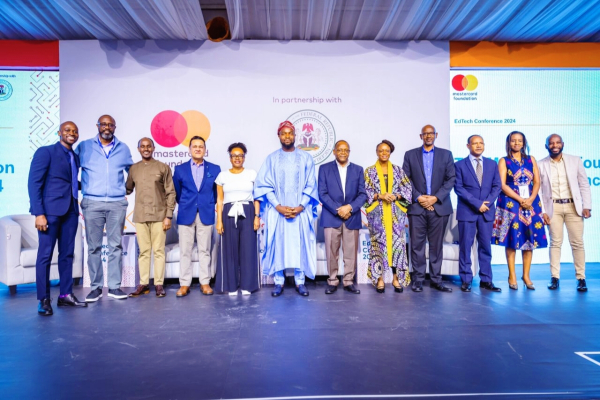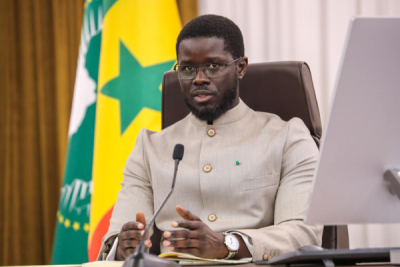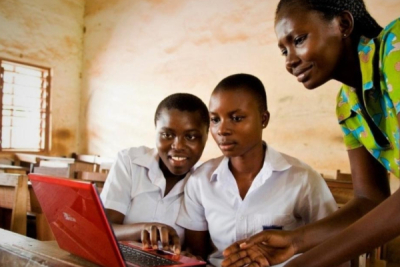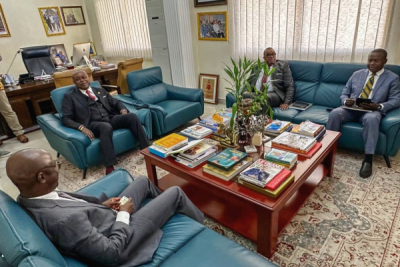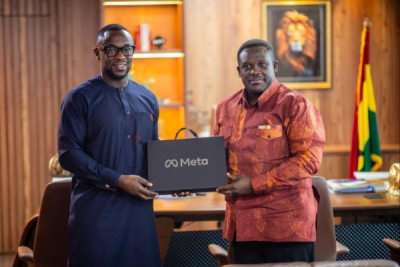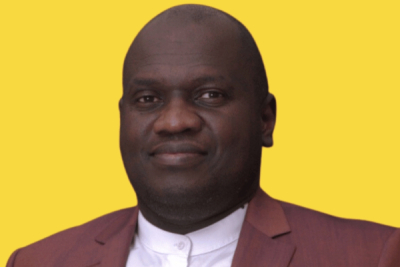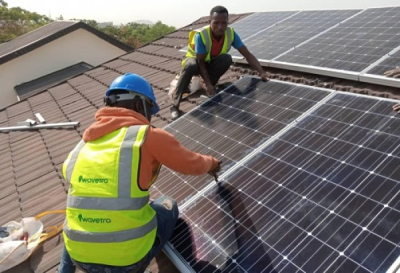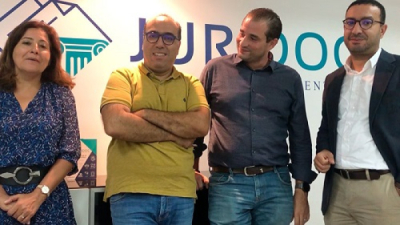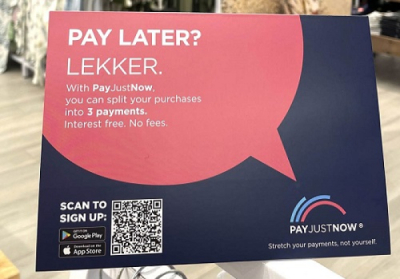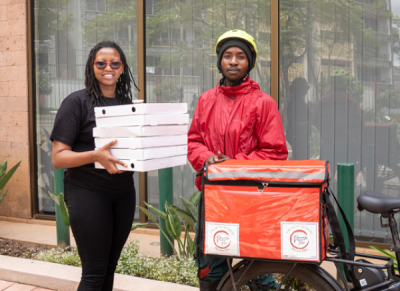Information and Communication Technologies (ICT) provide greater opportunities for creativity and learning at preschool and primary levels. However, access to digital education remains insufficient in Africa due to the lack of preparedness for integrating digital technologies into early learning.
The Mastercard Foundation, in partnership with the Federal Government of Nigeria, hosted its first EdTech conference in Abuja from Monday, July 8 to Wednesday, July 10. Themed "Education Tech for Resilient, Inclusive Learning In Africa," the conference aimed to discuss the integration of technology into learning systems across Africa.
The event concluded with the adoption of 10 key actions to strengthen the EdTech ecosystem in Africa:
Champion local innovation through supportive EdTech policies, with governments as leaders, proactive enablers, and consumers of quality content and delivery mechanisms.
Harmonize cross-sector policy by coordinating inter-ministerial strategies, plans, and initiatives on technology-enabled access to education for all.
Underwrite foundational infrastructure through creative use of resources such as Universal Service Funds to invest in electricity, the internet, devices, and dedicated infrastructure for education programs.
Drive decisions with data by investing in government systems and capabilities for timely collection, analysis, and informed decision-making.
Enhance delivery capacity along the EdTech value chain by upskilling teachers to deliver learning using EdTech and supporting leaders in education systems to work with tech-enabled processes and data.
Systematize EdTech integration by introducing (where nonexistent) and enforcing clear, context-relevant standards for technology integration into the educational curriculum.
Guide context-relevant innovation with clear and timely guidelines and approval processes for content, tools, and licenses to encourage innovation, investment, and technology mainstreaming.
Diversify learning pathways for out-of-school youth by developing flexible technology-enabled alternatives for learning, accredited certification, and re-entry to the formal education system.
Lower access barriers to EdTech through strategic private-public partnerships that support responsive, evidence-based policy and affordable solutions for all.
Embed responsive inclusivity (gender equity, persons with disabilities and refugees and displaced persons) in policy and innovation processes, centering and engaging diverse young people throughout development and delivery.
The conference is part of the Mastercard Foundation's efforts to promote digital education in Africa. It coincides with the African Union's declaration of 2024 as the "Year of Education," urging all governments to intensify efforts to ensure quality education for all.
The African Union's Digital Education Strategy (2023-2028) and its implementation plan call for African countries to develop national digital education strategies. They aim for at least 50% of educational institutions to have safe and secure high-speed connectivity at significantly less than $25 per Mbps per month, at least 20% of students and 50% of teachers on the continent to have access to digital devices by 2027, and one-third of students and all teachers to have access by 2030.
Samira Njoya


